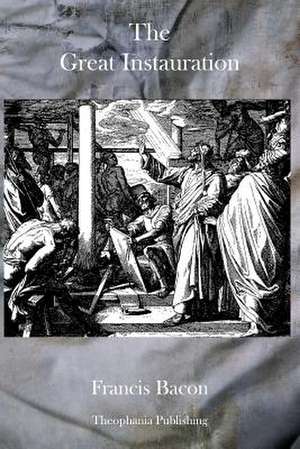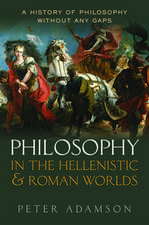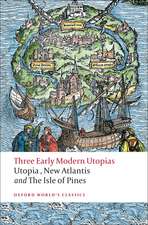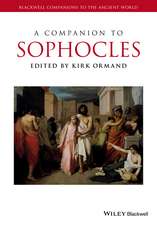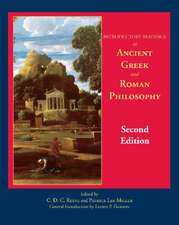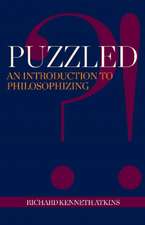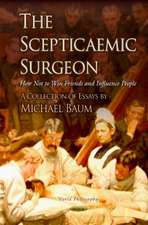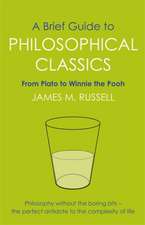The Great Instauration
Autor Francis Baconen Limba Engleză Paperback
| Toate formatele și edițiile | Preț | Express |
|---|---|---|
| Paperback (1) | 98.97 lei 6-8 săpt. | |
| Theophania Publishing – | 98.97 lei 6-8 săpt. | |
| Hardback (1) | 230.97 lei 6-8 săpt. | |
| SMK Books – 3 apr 2018 | 230.97 lei 6-8 săpt. |
Preț: 98.97 lei
Nou
Puncte Express: 148
Preț estimativ în valută:
18.94€ • 19.70$ • 15.64£
18.94€ • 19.70$ • 15.64£
Carte tipărită la comandă
Livrare economică 14-28 aprilie
Preluare comenzi: 021 569.72.76
Specificații
ISBN-13: 9781770833340
ISBN-10: 177083334X
Pagini: 32
Dimensiuni: 152 x 229 x 2 mm
Greutate: 0.06 kg
Editura: Theophania Publishing
ISBN-10: 177083334X
Pagini: 32
Dimensiuni: 152 x 229 x 2 mm
Greutate: 0.06 kg
Editura: Theophania Publishing
Notă biografică
Francis Bacon, 1st Viscount St Alban, ( 22 January 1561 - 9 April 1626), also known as Lord Verulam, was an English philosopher and statesman who served as Attorney General and as Lord Chancellor of England. His works are credited with developing the scientific method and remained influential through the scientific revolution.[6] Bacon has been called the father of empiricism.[7] His works argued for the possibility of scientific knowledge based only upon inductive reasoning and careful observation of events in nature. Most importantly, he argued science could be achieved by use of a sceptical and methodical approach whereby scientists aim to avoid misleading themselves. Although his practical ideas about such a method, the Baconian method, did not have a long-lasting influence, the general idea of the importance and possibility of a sceptical methodology makes Bacon the father of the scientific method. This method was a new rhetorical and theoretical framework for science, the practical details of which are still central in debates about science and methodology. Francis Bacon was a patron of libraries and developed a functional system for the cataloging of books by dividing them into three categories-history, poetry, and philosophy-which could further be divided into more specific subjects and subheadings. Bacon was educated at Trinity College, Cambridge, where he rigorously followed the medieval curriculum, largely in Latin. Bacon was the first recipient of the Queen's counsel designation, which was conferred in 1597 when Elizabeth I of England reserved Bacon as her legal advisor. After the accession of James VI and I in 1603, Bacon was knighted. He was later created Baron Verulam in 1618[4] and Viscount St. Alban in 1621. Because he had no heirs, both titles became extinct upon his death in 1626, at 65 years. Bacon died of pneumonia, with one account by John Aubrey stating that he had contracted the condition while studying the effects of freezing on the preservation of meat. He is buried at St Michael's Church, St Albans, Hertfordshire
